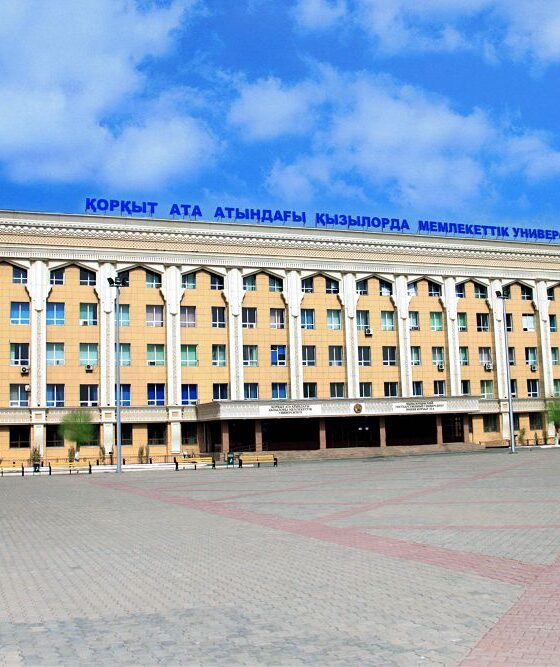By Noah Tucker
CAP papers, no. 225, September 2019
Foreign religious beliefs and practices are consistently cited by regional governments and “common sense” public discourse as the primary causal driver for Central Asian participation in violent extremist groups. Drawing upon three related sets of fieldwork and interview data—conducted between August 2016 and September 2018 in Kyrgyzstan, Kazakhstan, and Tajikistan—this paper argues that mobilization of Central Asians to the conflict in Syria was rarely linked by respondents or available evidence to foreign missionary activity or external religious groups, and, more importantly, was not evenly distributed in terms of geography. Instead, mobilization in these three countries was significantly concentrated in identifiable zones wherein residents cited unresolved grievances that they framed in terms of “justice/injustice” and lacked alternative mechanisms to resolve or negotiate. This paper outlines an approach to conflict mobilization and socialization from the literature on ethnic conflict and non-Islamist terrorism, which focuses on personal social networks and perceived grievances as key factors that better explain the full spectrum of successful recruiting as well as its geographic concentration. As French scholar Olivier Roy found in patterns of recruiting to Syria in Europe, this paper argues that recent data support the conclusion that, in Central Asia, we should not be discussing the “radicalization of Islam,” but, rather, the “Islamization of radicalism.”













